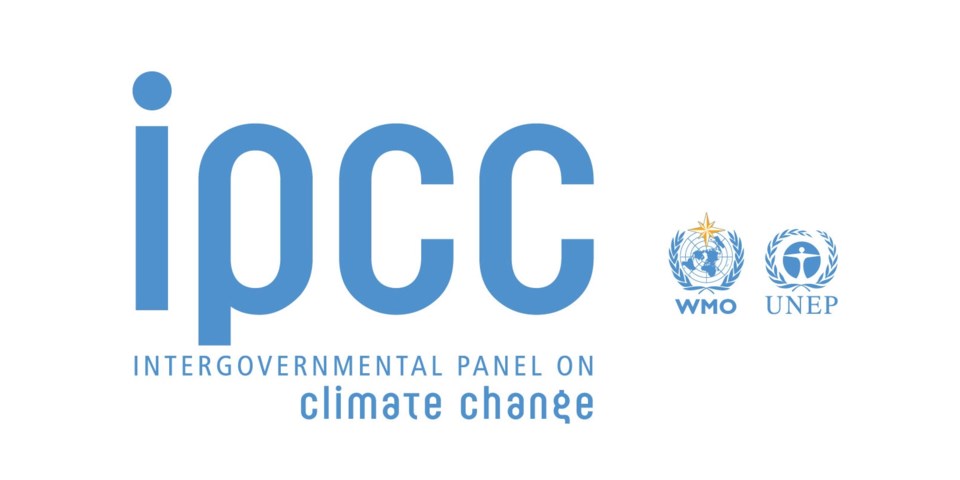Last week I critiqued the errors and distortions in a commentary by Gwyn Morgan, in which he presented what he claimed to be a set of “little-known facts” and myths about climate change (“Climate change myths and utter hypocrisy,” Aug. 4). This week, I turn to some of the other examples of misrepresentations, half-truths and obfuscation in that article.
First, Morgan misrepresents the Intergovernmental Panel on Climate Change in writing that they “would have us believe that fossil-fuel emissions are the sole reason for climate change.”
They do nothing of the sort. In fact, in the IPCC’s 2014 Synthesis Report Summary for Policymakers, Figure SPM.2 shows that in 2010 CO2 was accountable for 76 per cent of total annual anthropogenic (human-created) greenhouse gas (GHG) emissions; the remaining 24 per cent is due to other greenhouse gases — methane (which does come in part from the fossil fuel industry), nitrous oxide (also comes in part from fossil fuel combustion) and fluorinated gases.
The chart also shows that CO2 from fossil fuel combustion and industrial processes accounted for 65 per cent of all GHG emissions in 2010 — up from 55 per cent in 1970, while CO2 from forestry and other land use accounted for 11 per cent — down from 17 per cent in 1970. So while the contribution of fossil fuels has grown since 1970, the IPCC is clear that it is far from the sole reason.
Morgan also asks: “But what about urbanization and deforestation”? As noted above, the 2014 IPCC report also shows that forestry and other land use contributes to GHG emissions. Indeed, just after Morgan’s column was published, the IPCC released a special report on climate change and land, which is hardly ignoring the issue.
Morgan then minimizes the data on rising sea levels. Again citing NOAA data, which states that sea levels “continue to rise at the rate of about one-eighth of an inch (3.2 mm) per year,” he writes, correctly, that “at that rate, a house built 10 feet above sea level today would still be nine feet, seven inches above sea level in 40 years.”
But this serves to downplay the serious and legitimate concerns about sea-level rise. In fact, the same NOAA website notes “Sea level rise at specific locations may be more or less than the global average due to local factors.”
Indeed, a recent Government of Canada report projects 75 to 100 cm (2.5 to 3.25 feet) increases in sea level along Canada’s Atlantic coast by 2100, with northern B.C. and the Lower Mainland seeing 50 to 75 cm (1.6 to 2.5 feet) increases. In referring to the report, Professor John Clague, an earth sciences professor at Simon Fraser University, notes “[A few millimetres per year] may not seem like a lot to many people … But if it’s accompanied by strong storms, you really have an exacerbated effect.”
Morgan also seeks to minimize Canada’s contribution to greenhouse gas emissions, writing that we contribute a “minuscule 1.6 per cent” of global CO2 emissions; what difference can we make, he implies. Well, apart from ignoring the fact that we are only 0.5 per cent of the global population — so we are emitting more than three times our “fair share” — this is simply an argument for doing nothing. If this attitude were adopted by all governments it would result in no action; exactly what much of the fossil-fuel industry wants.
Morgan also derides the declaration of a climate emergency, claiming it is not a national but a global emergency. But a recent Environment and Climate Change Canada report — which Morgan fails to note — reports that Canada is warming twice as fast as the world average, and Canada’s North is warming even more rapidly, which certainly makes it a national issue.
In fact, the reason it has become an emergency is largely due to the deliberate misrepresentation of the science, and attacks on the scientific community by the fossil fuel industry and its political supporters over recent decades.
This has resulted in “business as usual,” eroding the window of opportunity for action, so what was not an emergency has become one, threatening the health of millions of people. This is a cost the fossil-fuel industry seems willing to impose on us.
Dr. Trevor Hancock is a retired professor and senior scholar at the University of Victoria’s School of Public Health and Social Policy.



